5 telltale signs your home needs a vapor barrier this winter and beyond
Protect your property and lower energy bills with this installation
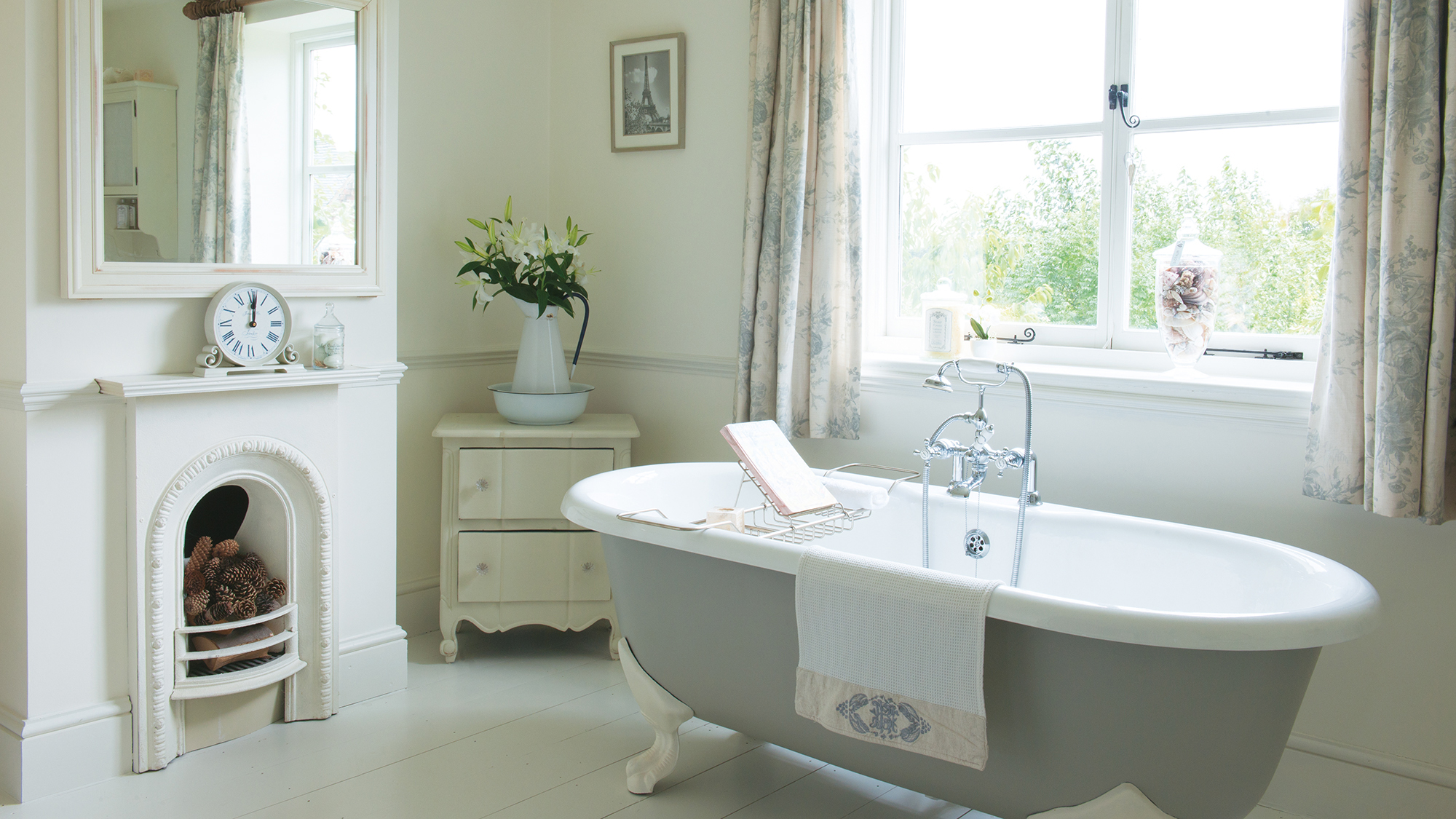

No one likes a cold, damp home, but turning the heating up and improving ventilation only does so much to combat the issue.
If you are constantly dealing with mold, moisture and musty smells in your home, be it in the bedroom, basement, or crawl spaces, you could benefit from a vapor barrier, professional contractors say.
Here, they dive into the top five signs your home will benefit from a vapor barrier this winter, and how much this home renovation will cost you.
Signs your home needs a vapor barrier
Aaron Lipman, owner and professional contractor at Two Brothers Foundation Repair explains, ‘A vapor barrier is essentially a shield made of heavy-duty plastic or foil that blocks moisture from seeping into areas like crawl spaces or walls.
‘Moisture might not seem like a big deal, but when it gets into wood, insulation, or drywall, it can cause mold, mildew, and even structural damage over time. For example, when insulating crawl spaces, a vapor barrier is installed directly on the ground to keep moisture from rising into the air and causing issues in the flooring and foundation above.’
But it isn’t just helpful when insulating a basement or crawl space. They can work all over the home.
1. Musty smells and high humidity
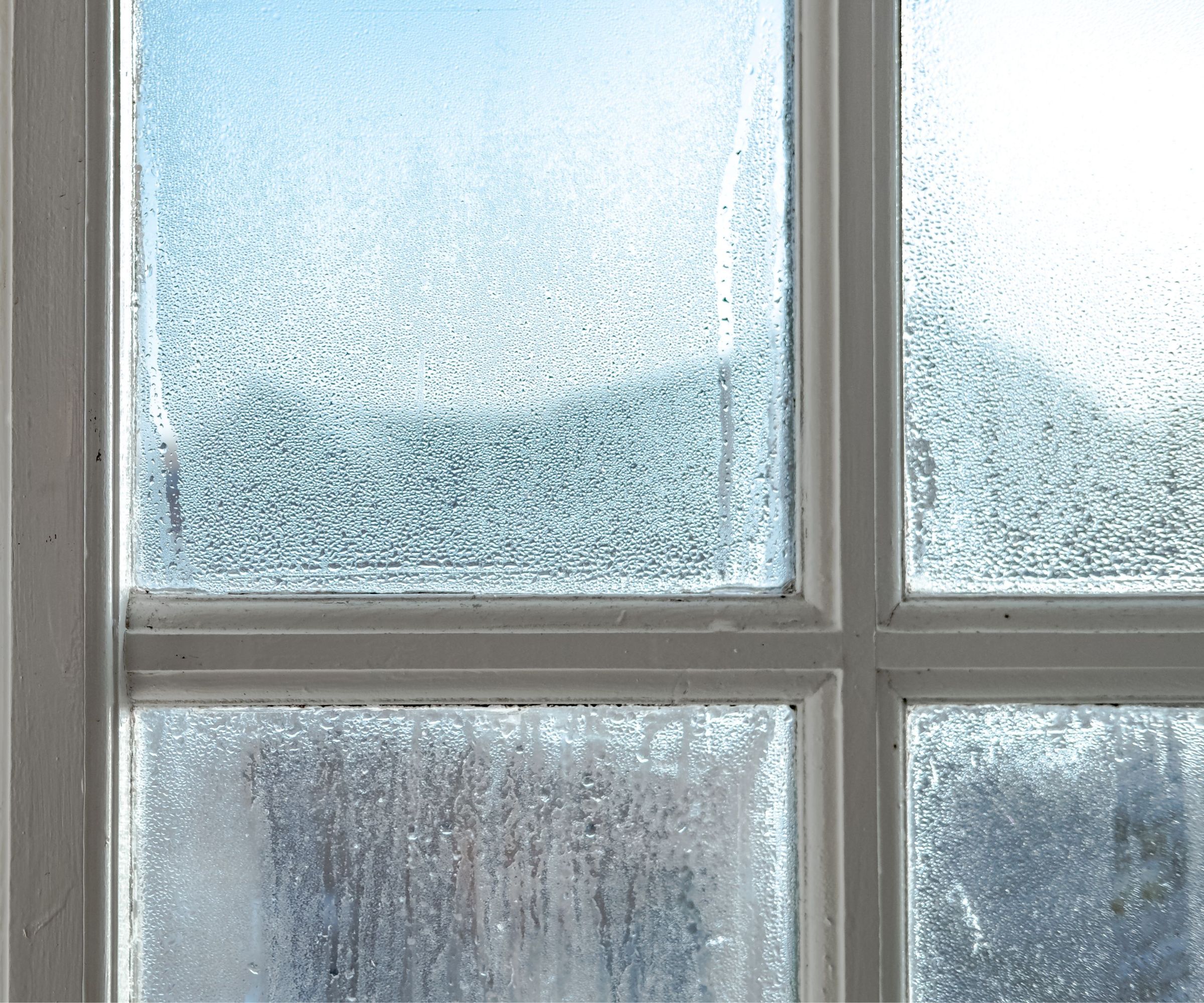
Wondering why your house smells musty? Contractor Aaron Lipman warns a build-up of moisture could be the culprit – and is a clear sign you would benefit from a vapor barrier.
He says, ‘If you notice musty smells, excessive humidity, or damp crawl spaces, those are strong indicators. I strongly recommend vapor barriers because they act as an inexpensive safeguard against costly problems that can snowball if left unchecked.’
He adds, ‘Excess moisture is a hidden enemy in many homes. It can weaken wood framing, encourage mold growth, and even compromise your home's air quality by circulating allergens through the HVAC system.’
Prices correct at time of publication.

A dehumidifier can help to remove moisture from the air and lower internal humidity, but if you find that it struggles against the air in your home or high humidity returns immediately, you may need a more permanent solution.
2. Warping floors or insulation

Aaron Lipman, continues, ‘Floors or insulation that looks wet or droopy are more serious warning signs. I’ve seen homeowners deal with warped hardwood floors or costly foundation repairs, all because moisture wasn’t controlled early on.’ Unfortunately, after installing a vapor barrier, you may need to replace your insulation, too, or risk trying to keep a poorly insulated house warm at great expense.
Jimmy Hertilien, senior project manager at Herts Roofing & Construction agrees. ‘In one project, my team identified peeling paint and warped siding as evidence of trapped moisture. Installing a vapor barrier not only resolved these issues but also significantly improved the overall energy efficiency by stabilizing internal temperatures.’
3. Mold
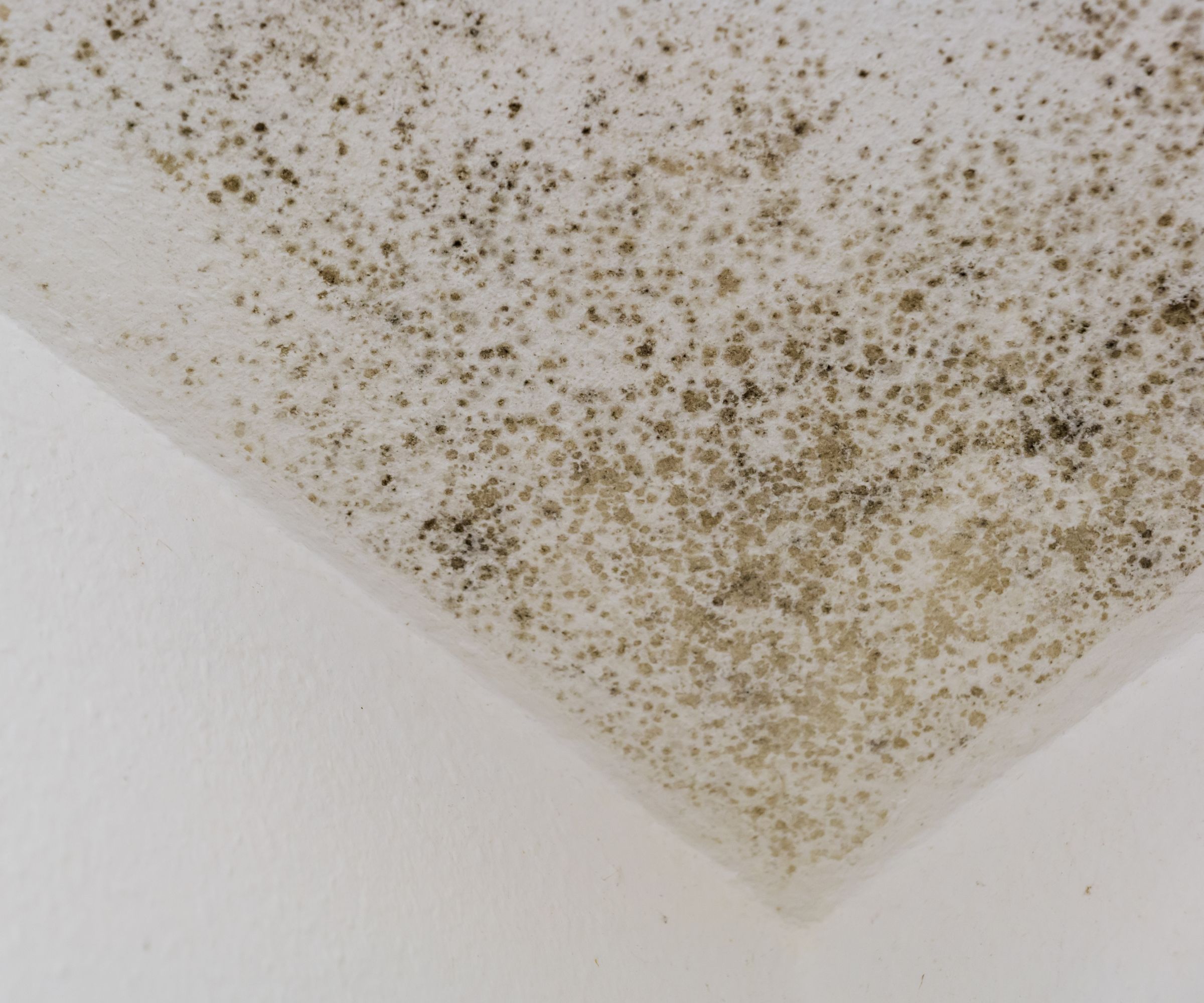
It should go without saying that frequently high humidity and condensation on walls will cause the most common types of household mold. It is not enough to get rid of black mold, however, Aaron Lipman, warns. You need to treat the cause of the humidity, which will likely mean the installation of a vapor barrier if the problem is recurring.
A dehumidifier can help with mold at home, but it will not solve the issue without the cause of the moisture being treated, and the mold cleaned away.
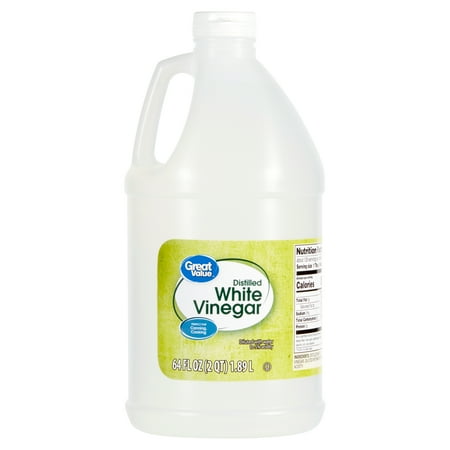
Cleaning with vinegar is one of the best ways to get rid of black mold, killing the spores at their source. However, if mold is recurring, it is best to consult with a professional to treat the cause.
4. High energy bills
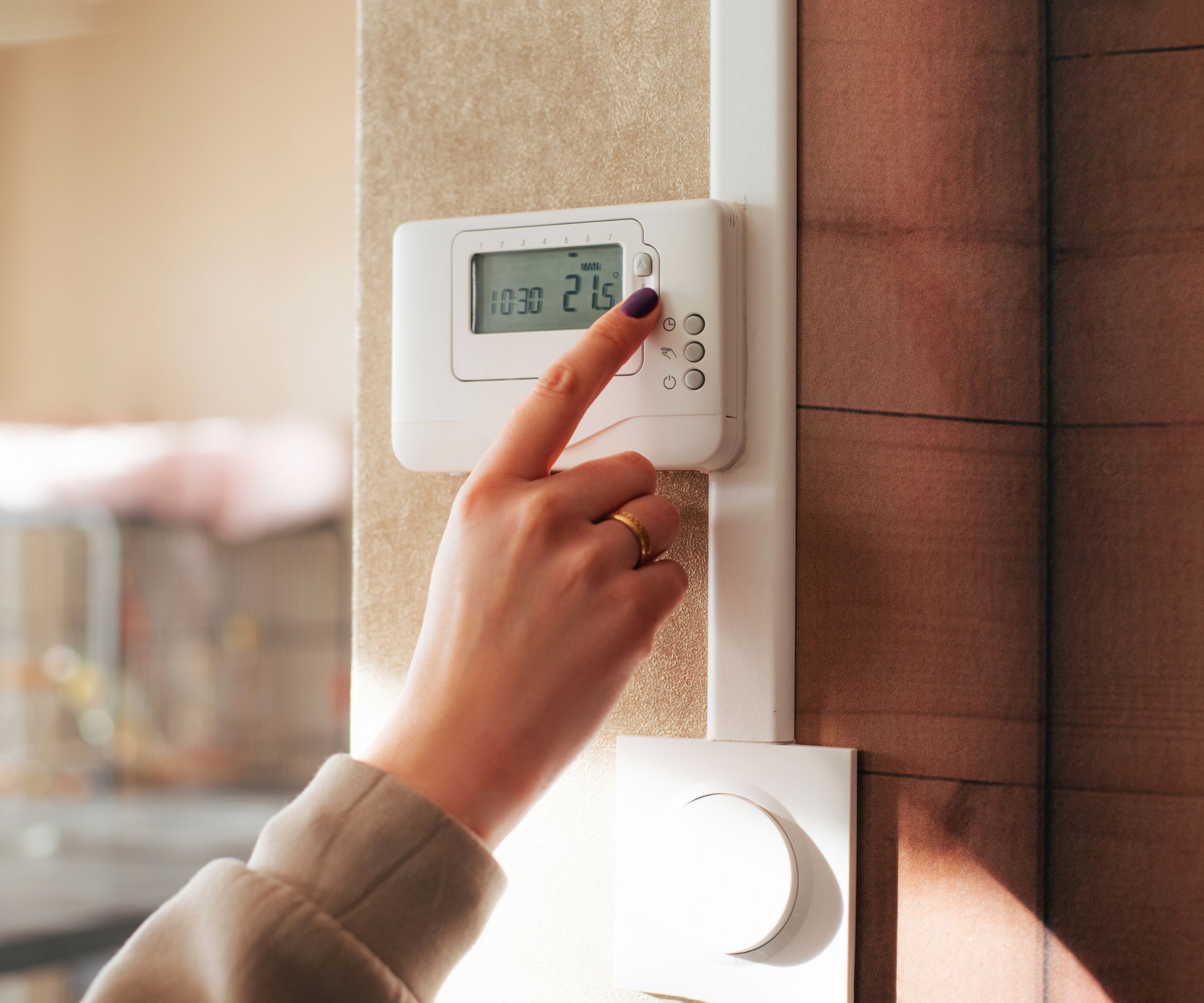
If you are constantly battling to cut energy bills with little success, then you might also benefit from a vapor barrier, Lipman says. ‘Even high energy bills can sometimes be linked to poor moisture control affecting the efficiency of your HVAC system.’
A vapor barrier will improve your EPC rating, making heating more efficient, and can even boost the value of your home at the same time.
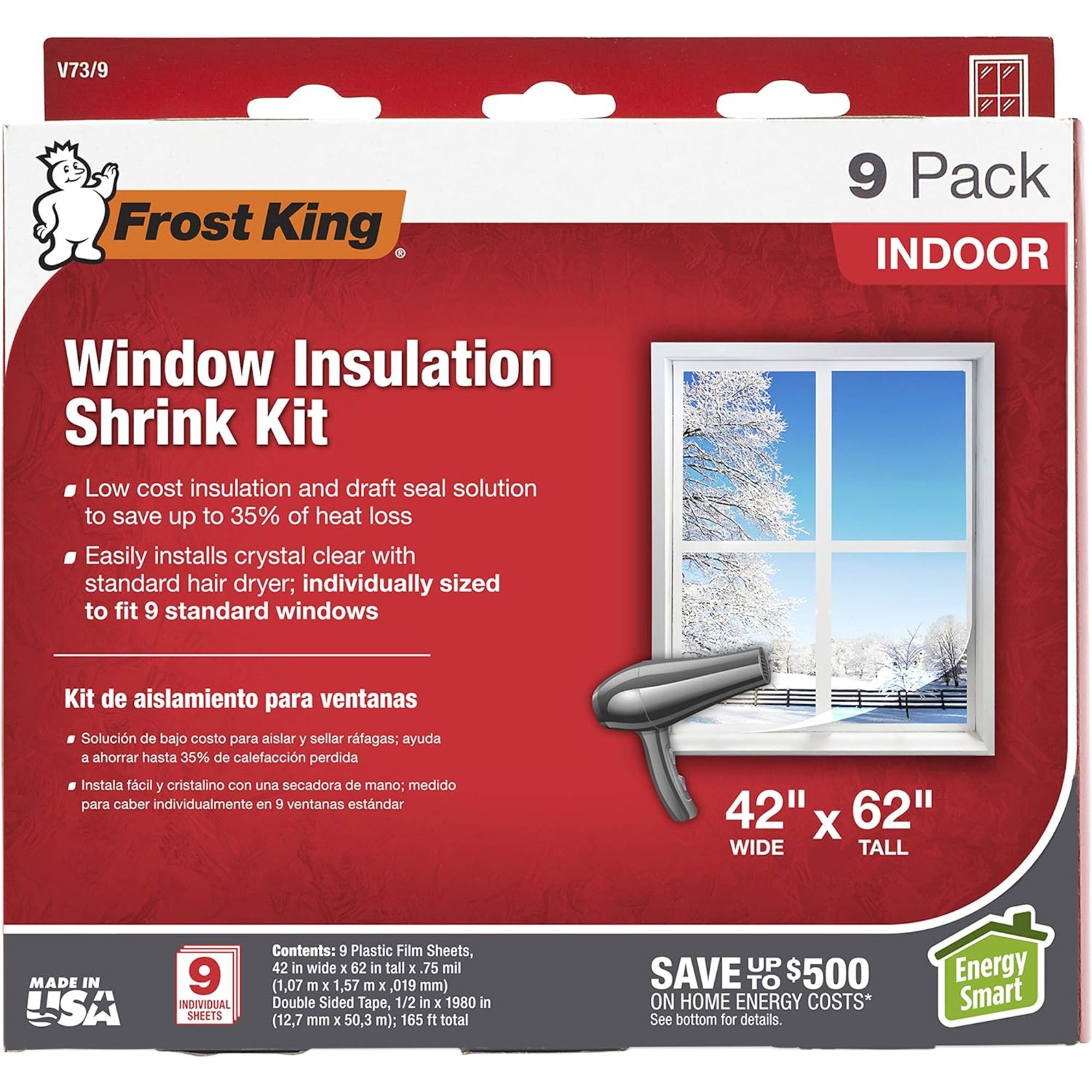
Insulating your home can also help to lower energy bills. Using window film that you apply with a hairdryer can add an extra layer of protection against cold air, keeping your home warmer and reducing the risk of mold.
5. You live in a humid climate

If you live in a humid climate, skipping out on a vapor barrier is one of the most expensive home renovation mistakes you can make, warns Aaron Lipman, professional contractor.
He says, ‘For homes in humid climates, a vapor barrier can prevent these headaches by maintaining a consistent moisture level under the house or within the walls. It also protects the insulation from becoming saturated, which can reduce its effectiveness. Over time, that means lower energy bills and less wear on your heating and cooling systems.’
Using the best dehumidifier, such as the five-star rated Costway Dehumidifier, from Target, will help to some extent, but will not be as effective without a vapor barrier to stop moisture constantly seeping in.
Cost of installing vapor barriers
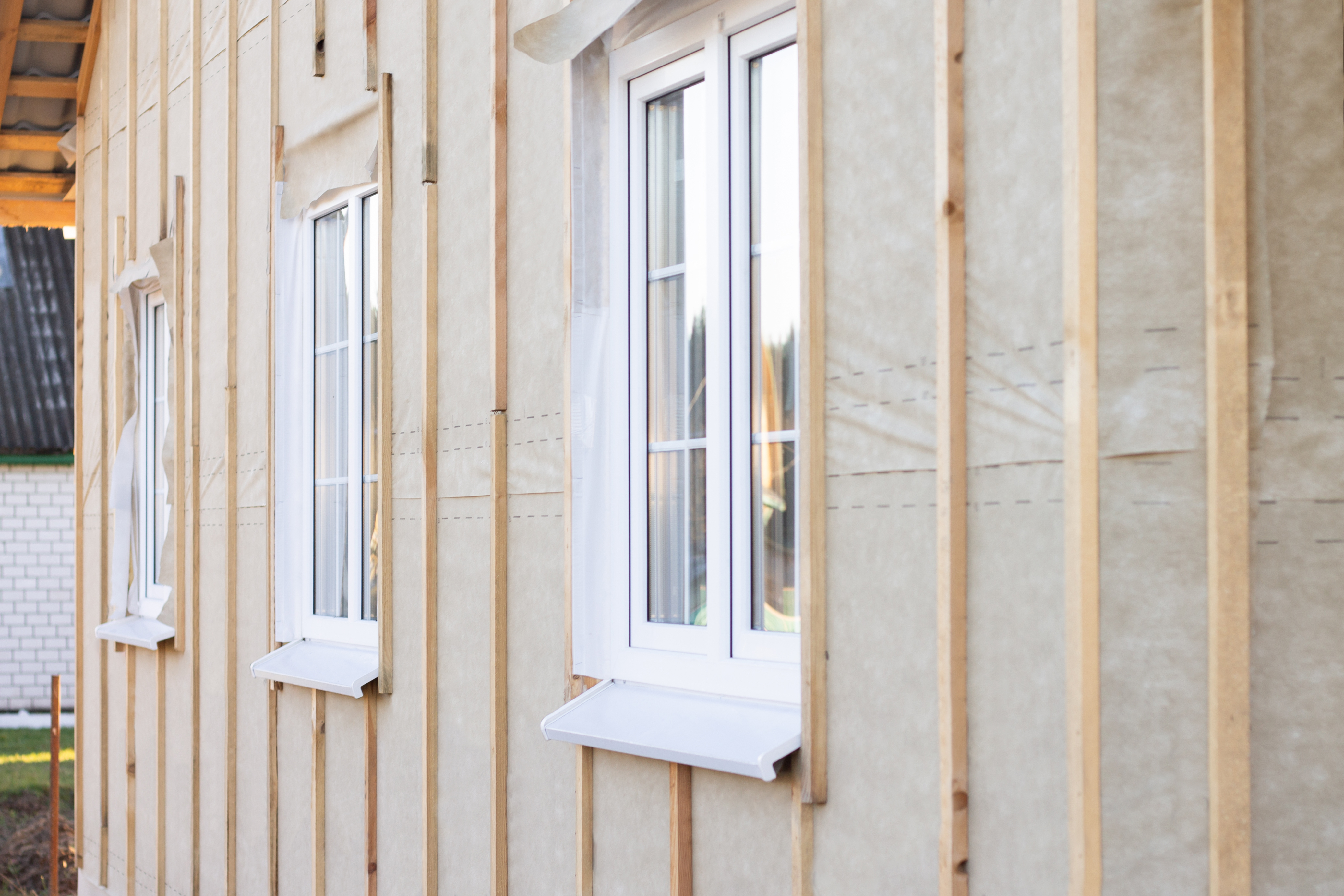
Installing vapor barriers isn't one of the most expensive home renovations, but it isn't the cheapest, either – especially as it is a household project you shouldn’t DIY.
Richard Garrett, expert contractor at RG ProBuilders explains, ‘Installing them usually involves placing plastic or similar sheeting on the side of walls and floors facing the moisture source. Costs can vary, but they typically range from $0.50 to $2.00 per square foot, depending on the material you choose.
‘I've seen how a small investment in a vapor barrier can prevent costly repairs by safeguarding against water intrusion before it wreaks havoc.’ It is certainly one of the best ROI home improvements available.
A vapor barrier is a more than worthy investment, not just for you, but for future homeowners, too. Aaron Lipman concludes, 'If you’re considering resale value, homes with moisture damage often don’t pass inspections without expensive fixes.
'A vapor barrier adds peace of mind for potential buyers, adding value to your home. And it is not just about big issues. Something as simple as eliminating musty smells in crawl spaces or basements can make your home feel healthier and more comfortable.’
Sign up to the Homes & Gardens newsletter
Design expertise in your inbox – from inspiring decorating ideas and beautiful celebrity homes to practical gardening advice and shopping round-ups.

Chiana has been at Homes & Gardens for two years and is our resident 'queen' of non-toxic living. She spends most of her time producing content for the Solved section of the website, helping readers get the most out of their homes through clever decluttering, cleaning, and tidying tips. She was named one of Fixr's top home improvement journalists in 2024.
-
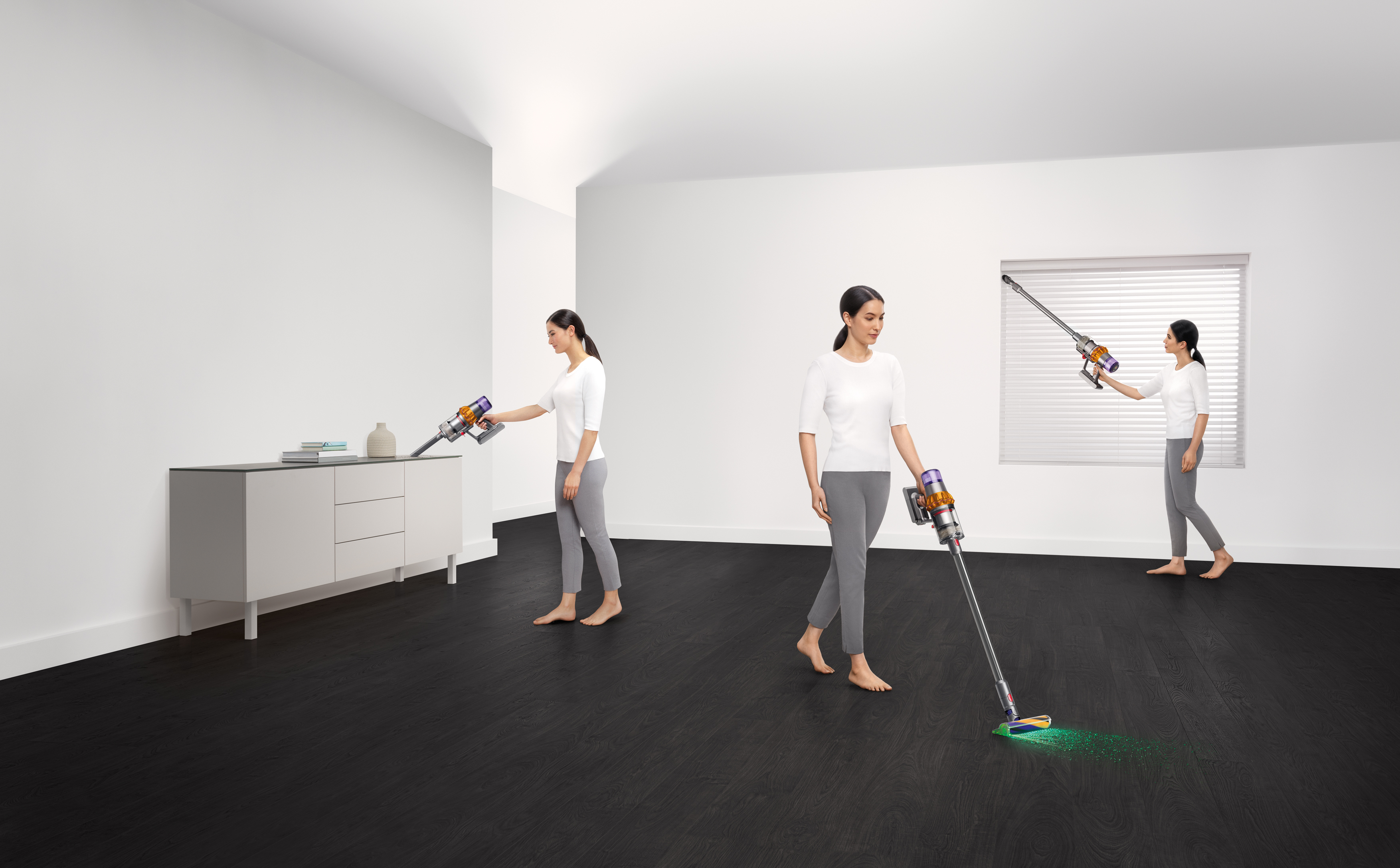 Dyson V15 Detect vs Dyson V12 Detect Slim – which is right for your home?
Dyson V15 Detect vs Dyson V12 Detect Slim – which is right for your home?I've spent more than 200 hours testing vacuum cleaners and these two cordless Dysons are my personal favorites
By Dan Fauzi
-
 Your perfect Easter menu: our favorite Easter recipes for effortless entertaining
Your perfect Easter menu: our favorite Easter recipes for effortless entertainingFresh flavors, easy dishes, and crowd-pleasing ideas – our selection of Easter recipes make for a relaxed yet elevated spring celebration
By Alice Hart
-
 I tried the baking soda trick to quickly and naturally clean my outdoor rug – it’s now set for Easter outdoor hosting
I tried the baking soda trick to quickly and naturally clean my outdoor rug – it’s now set for Easter outdoor hostingBaking soda is perfect for lifting dirt and debris
By Eve Smallman
-
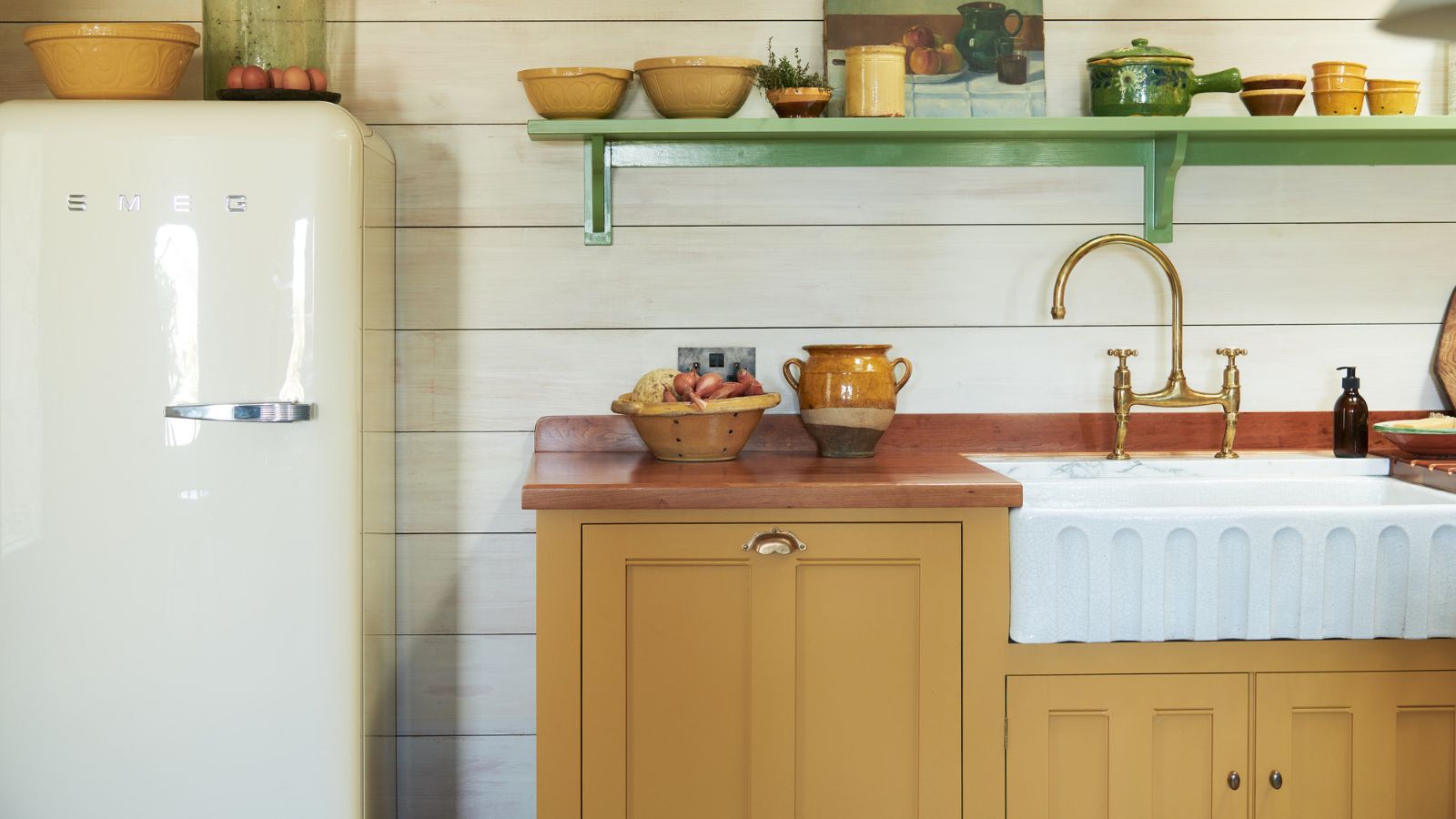 The 5 worst things you can do to your fridge – these will drive up energy costs and result in pricey and regrettable repairs
The 5 worst things you can do to your fridge – these will drive up energy costs and result in pricey and regrettable repairsIt's crucial to swerve these blunders, appliance experts warn
By Ottilie Blackhall
-
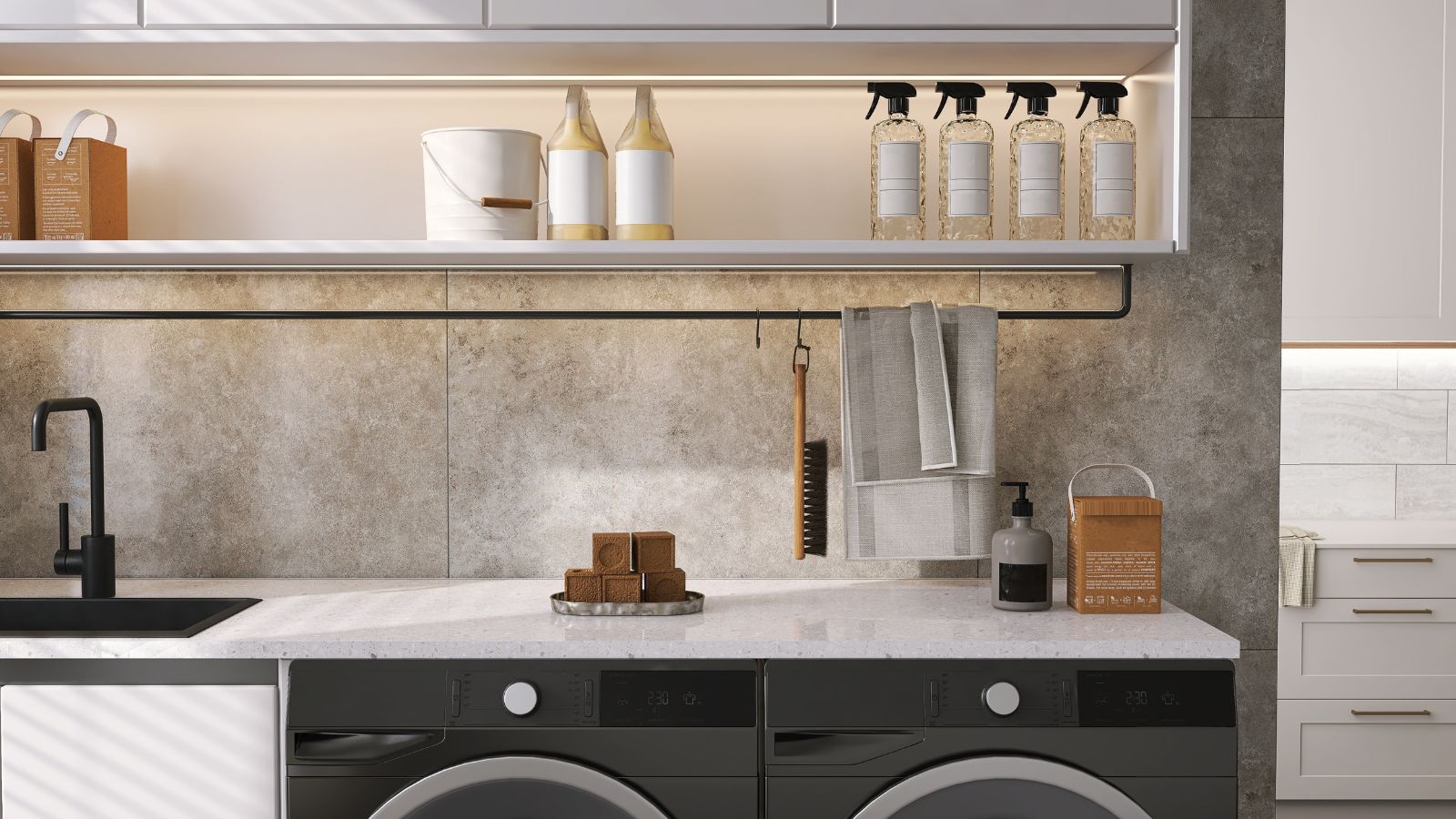 Extend the lifespan of your appliance with 5 simple but crucial washing machine maintenance tips
Extend the lifespan of your appliance with 5 simple but crucial washing machine maintenance tipsFrom cleaning the filters to keeping the door open, experts reveal the washer tips they swear by
By Andy van Terheyden
-
 5 vital ways a home battery backup can help with your most urgent needs in a power outage – from heating to flood prevention and calls
5 vital ways a home battery backup can help with your most urgent needs in a power outage – from heating to flood prevention and callsExperts say they're a worthy investment
By Clement Feng
-
 I’m an HVAC technician, and this is when I turn on my AC each year – plus 5 checks I always do beforehand
I’m an HVAC technician, and this is when I turn on my AC each year – plus 5 checks I always do beforehandSave yourself an AC hassle by running my checks and turning it on before big heat hits
By Josh Mitchell
-
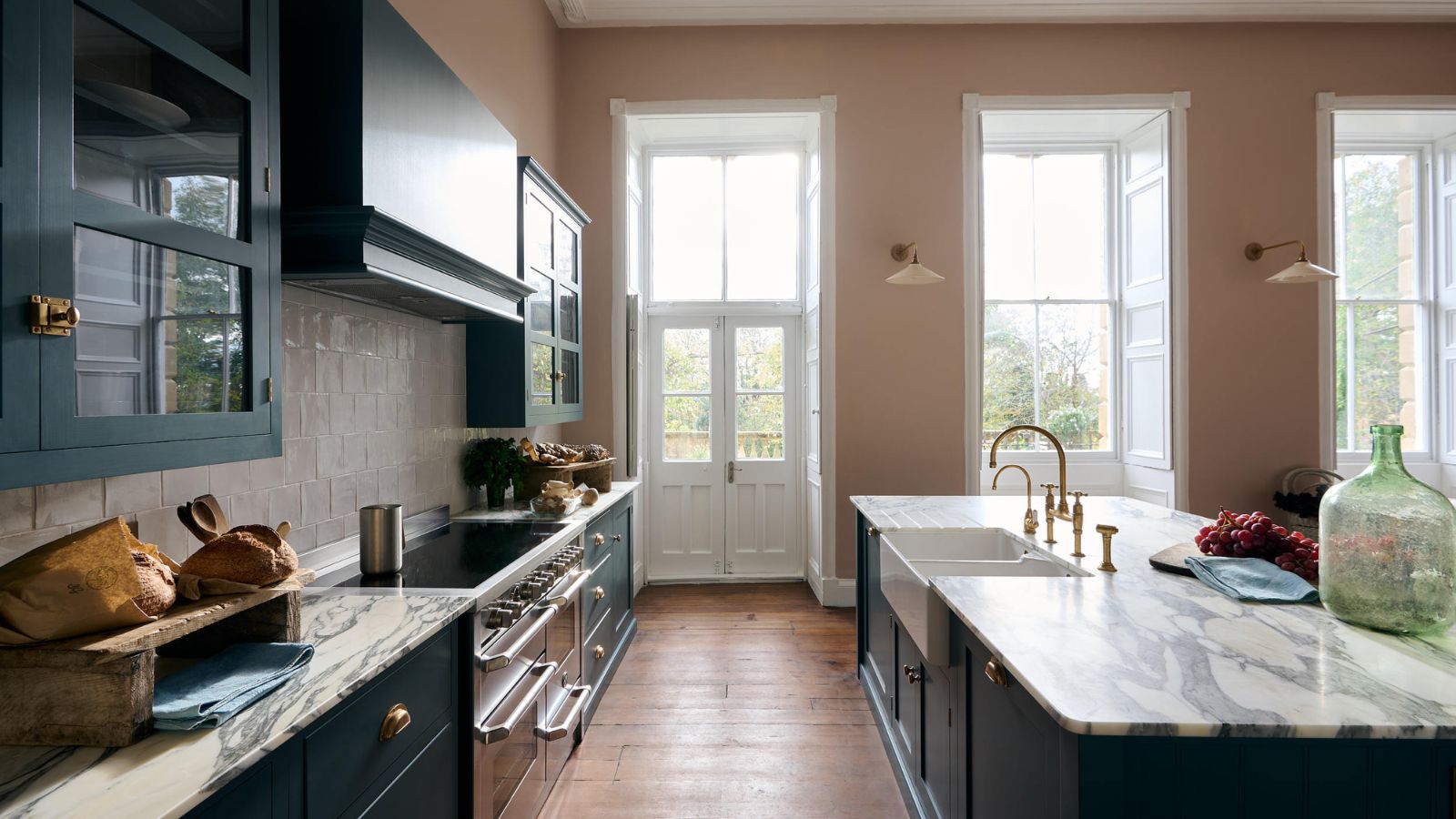 6 things you should never throw in the trash – and what to do for safe disposal instead
6 things you should never throw in the trash – and what to do for safe disposal insteadFrom batteries to space heaters, experts reveal what not to throw
By Andy van Terheyden
-
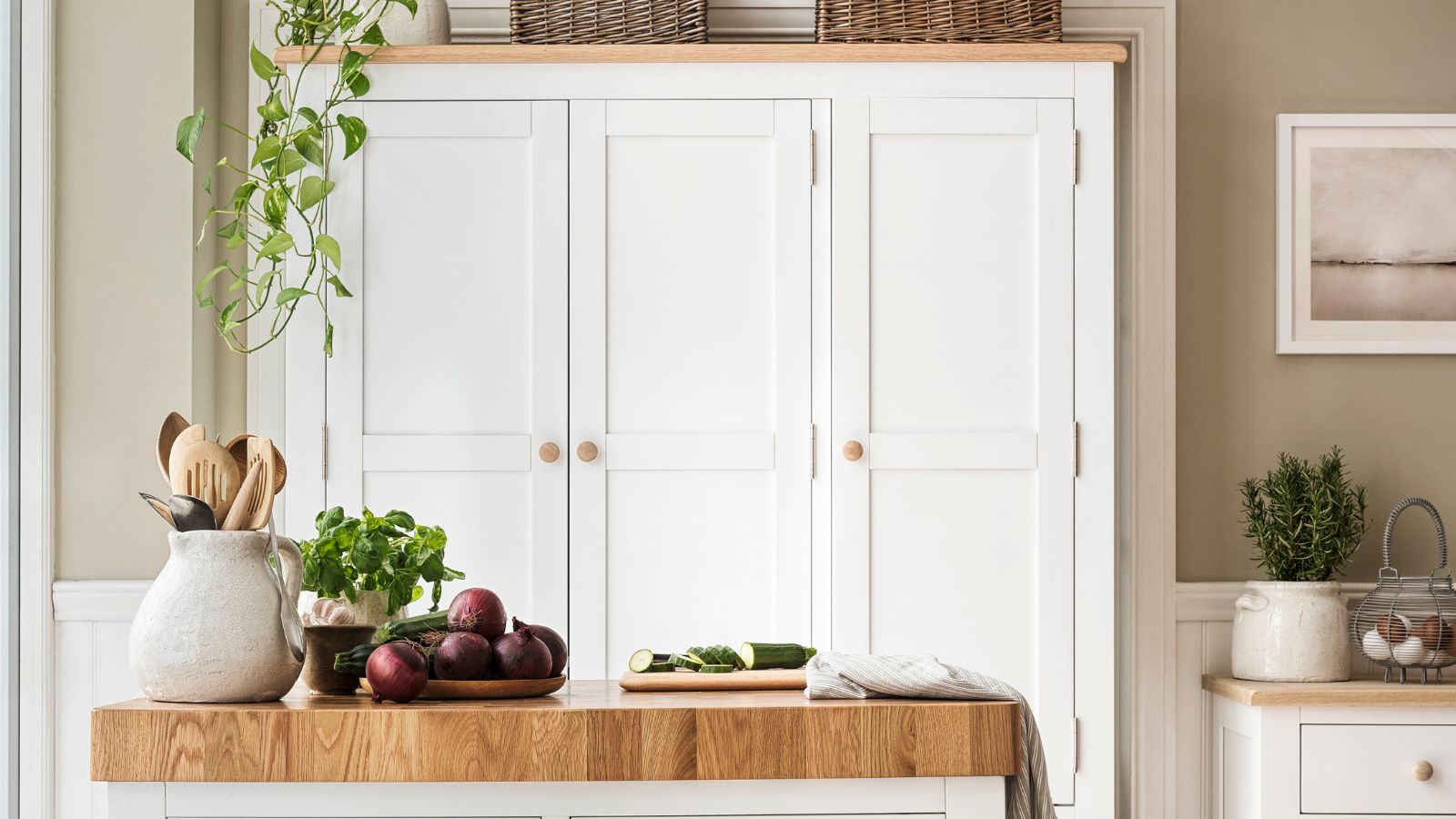 7 spring home maintenance mistakes to never make – overlooking these now can lead to pest problems and structural damage
7 spring home maintenance mistakes to never make – overlooking these now can lead to pest problems and structural damageHome improvement pros share common mistakes and what to do instead
By Eve Smallman
-
 10 common but little-known HOA fines to watch out for – and how to avoid them
10 common but little-known HOA fines to watch out for – and how to avoid themFrom sprinklers to garage doors and external pipes, your HOA contract may leave you open to a fine
By Eve Smallman